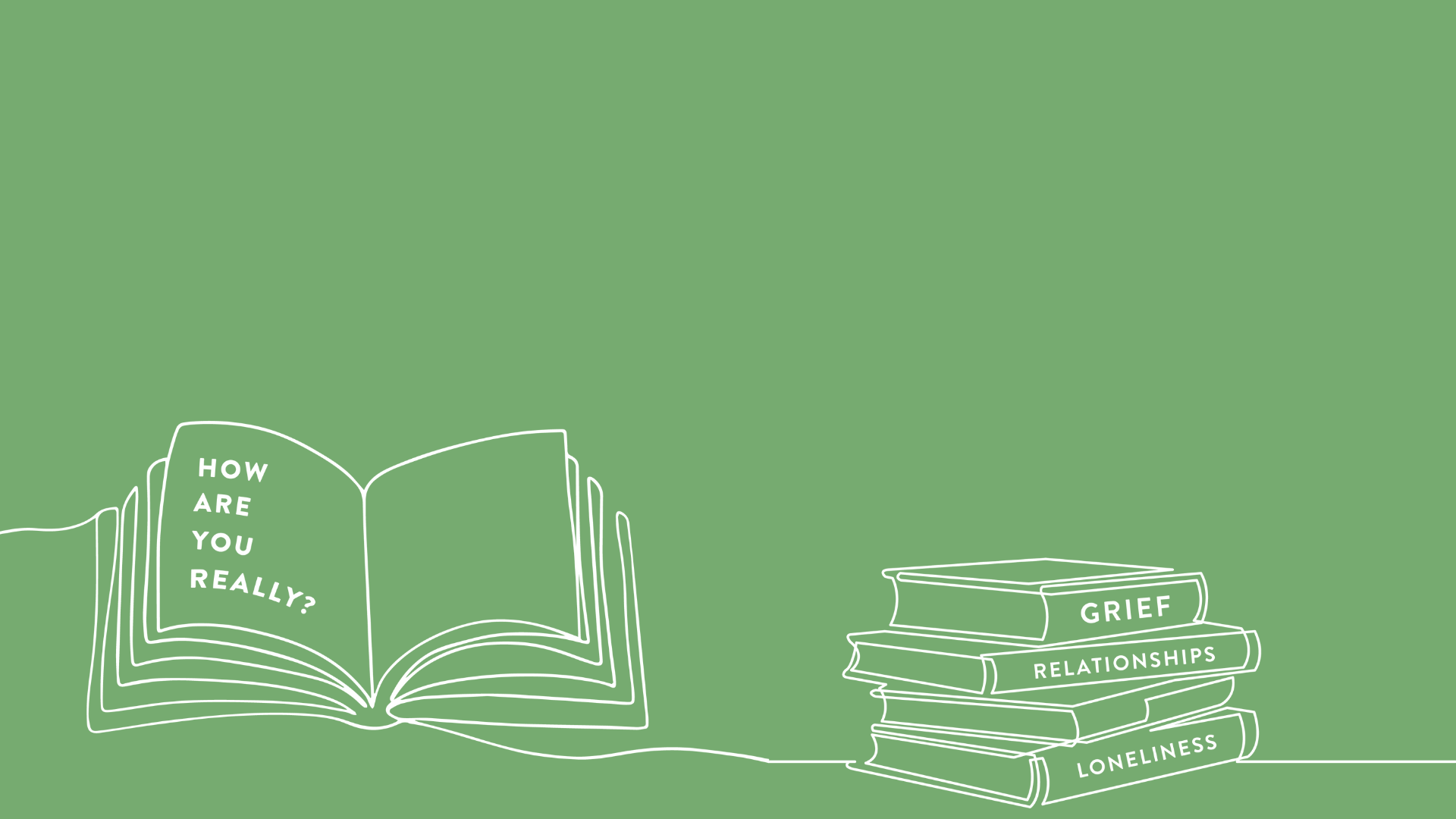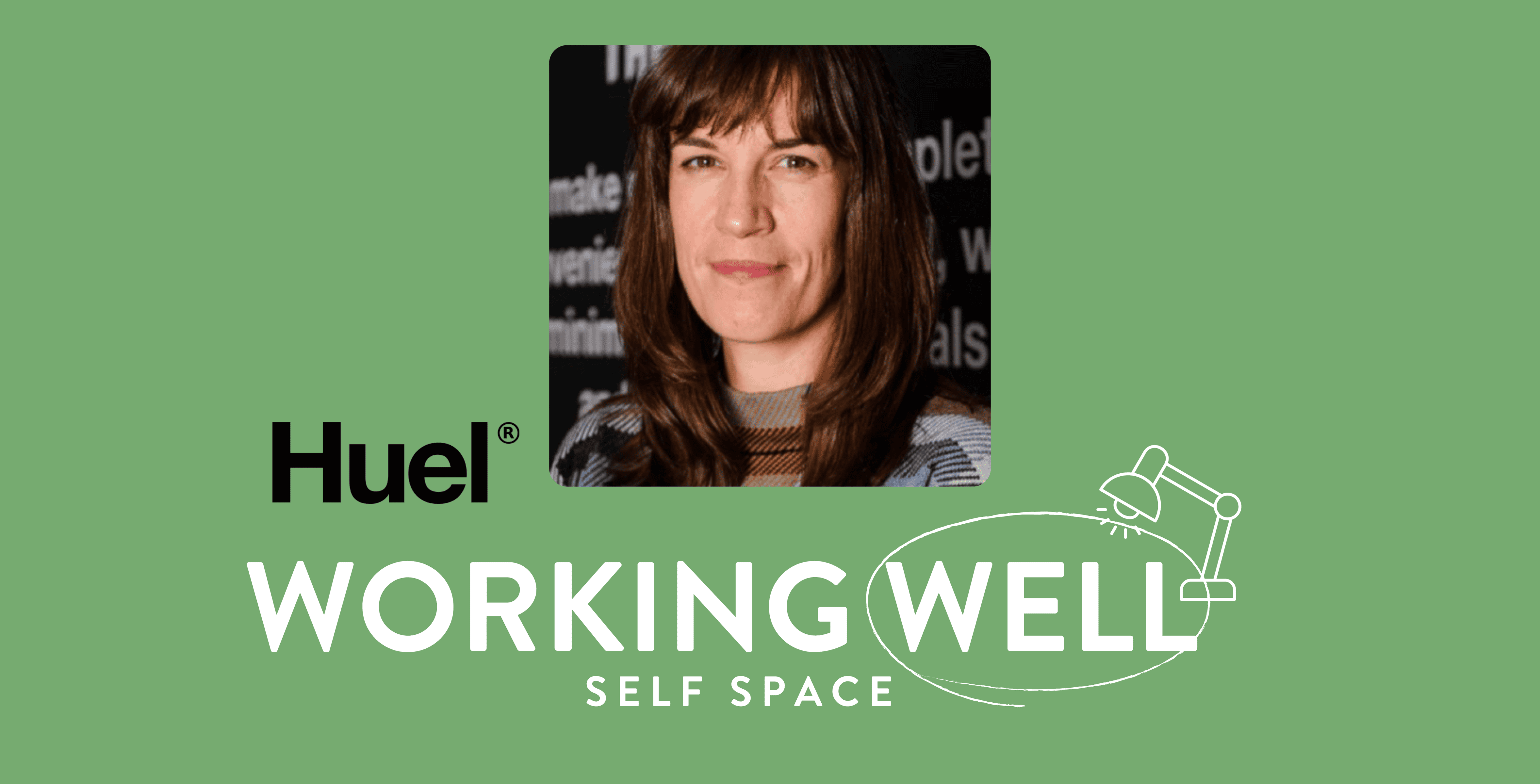
Just as we take our professional experience with us into every job, we also take our relational experience. This is made up of our early childhood relationships with our parents or care-givers, our families, our community, the place we grew up in and our romantic and non-romantic relationships.
In it are belief systems that we created to survive the challenges of our childhood: beliefs around conflict/repair, fairness/unfairness, self-reliance/trusting others, success/failure, attitudes towards work, money, endings, authority figures and so much more. None of this gets left at the door – we carry it all with us into work.
It’s not something any of us learn in school or come into our working lives prepared to even see, much less navigate, but work becomes the stage upon which we play out and replay what has happened to us in our lives – our inner dramas and our relational scripts.
Our bosses, business partners, managers, colleagues, clients – we unconsciously cast them as characters from our past. By doing this, we can find that we actually become complicit in recreating the conditions that allow us to repeat these dynamics.
Dig beneath the surface
We’ve all had relationships at work that we carry with us to our pillows at night, lying there with clenched fists and gritted teeth, seething over this person who makes us miserable and who is probably sleeping like a baby. We might play out arguments and scenarios in which our voices are heard, our points are made and we really stick it to them. But we often don’t take a minute to stop and think about the part we might play in this.
Whether we like it or not, we carry all of our relational habits with us when we walk through the office door (or open our laptops). There are lots of hidden dimensions under relationship impasses at work: from power to control, to recognition and respect, to fear and confidence. When conflict happens, it serves us to ask ourselves which dimension is at play.
It serves us to first address the immediate. It may feel safer to gossip about a meeting or walk out pissed off than to say: ‘When I’m not listened to in a meeting, it makes me feel undervalued and unimportant.’ But, keeping it in the ‘I’, not attacking with ‘you’, saying it how it is, can go a long way to improving our relationships at work.
And then you can go deeper in your thinking. Ask yourself: what situations from my past am I playing out? Bettering your work life starts with bettering your communication. The better your relationships at work, the better your work.
Three things to ask yourself to improve your work relationships
- What am I not saying that needs to be said?
- What needs asking that I have not asked yet?
- Who am I, independent of any work identity?



